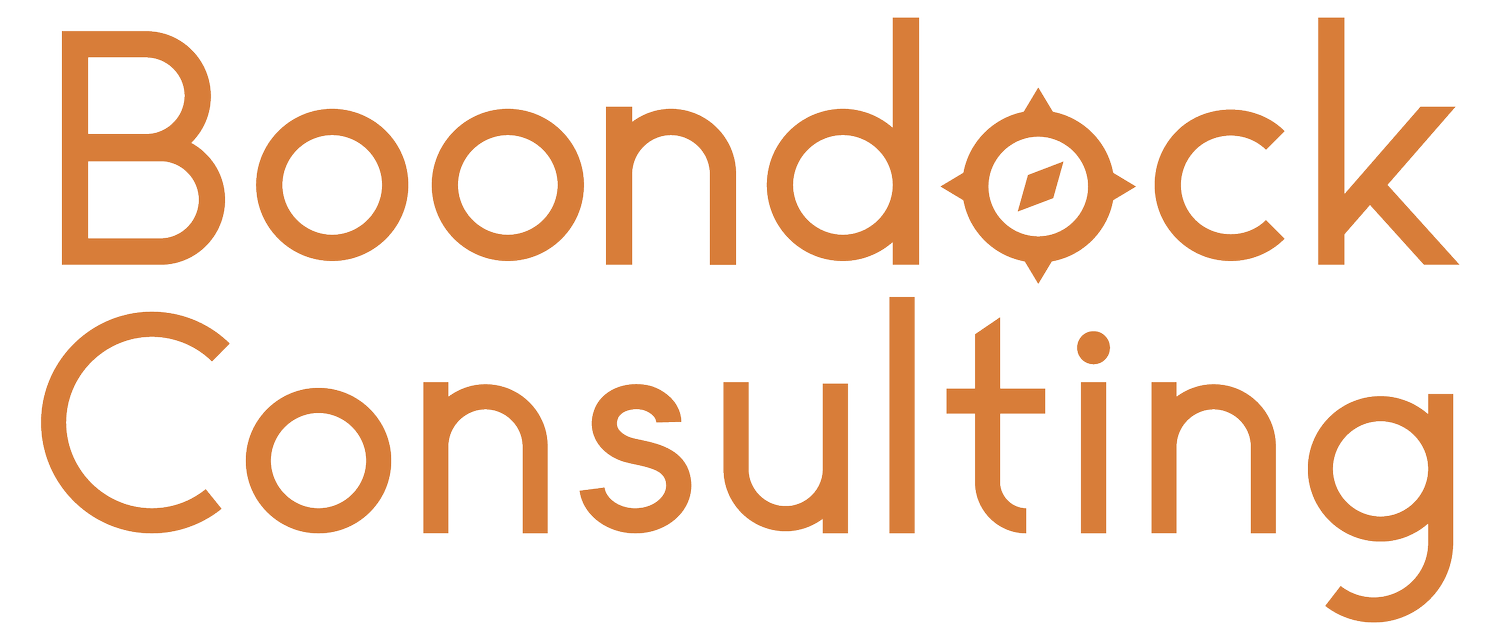Keyword Strategy for SEO in 2026: Meaning Over Repetition
Table of Contents Show
The TL;DR on Keyword SEO
Search engines prioritize user intent over keyword repetition. A single, well-structured page that thoroughly addresses a topic can outperform dozens of thin pages focused on slight variations of a keyword. Thanks to advances in natural language processing (NLP), search engines now understand meaning and context, meaning you can rank for searches even if the exact phrase isn’t on your page.
Wait, what? You’re telling me I can rank for a phrase that’s not even there? That goes against everything I’ve learned about SEO to date!
Yep, you heard me. Now let’s dive in a little deeper to explain what’s changed.
What Changed in SEO (and Why You Should Care)
A decade ago, SEO strategy meant creating numerous pages each targeting a tiny variation of your target keyword. For example, if you sold birdhouses, you might have had separate pages for:
"wooden birdhouse"
"small birdhouse"
"outdoor birdhouse"
"best birdhouse for cardinals"
That scattershot method used to work because search engines matched results closely to exact keywords. But that’s no longer how things operate.
Now, Google's algorithms don’t just count keyword frequency. They evaluate meaning. This evolution means your SEO strategy needs to focus less on repetition and more on relevance.
Why Old Tactics Backfire Now
If you're still building separate pages for every keyword variation, you're likely doing more harm than good. Here's why:
Redundant content gets penalized. Google's algorithm updates actively devalue thin or duplicate pages.
User experience suffers. Multiple pages with overlapping content confuse visitors and dilute your site's authority.
You miss out on holistic rankings. A fragmented strategy limits your potential to rank for related or unexpected search terms.
A Modern SEO Strategy Built for 2026 and Beyond
Rather than spreading your content thin, focus on a single, authoritative page that covers your topic comprehensively. For example, instead of separate pages for each type of birdhouse, you'd have one robust guide titled “Choosing the Best Birdhouse: Styles, Materials, and Placement Tips.”
This new strategy taps into how modern search engines operate:
Semantic search: Google now understands synonyms and context. It knows that “outdoor birdhouse” and “garden birdhouse” refer to the same concept.
Search intent: If someone types “how to attract birds to my backyard,” Google may still serve your in-depth birdhouse guide if it answers that question well. (remember E-E-A-T?)
Entity-based indexing: NLP allows Google to connect your content with larger topic clusters, helping your site rank even when the user query doesn’t exactly match your page’s wording.
NLP in 2026: Why You Can Rank Without Specific Keywords
One of the biggest SEO shifts in recent years is how NLP allows Google to "read" your content like a human would. This means:
You can rank for phrases you never explicitly mention. If your birdhouse guide explains how different entrance hole sizes attract specific birds, your page could rank for “birdhouse hole size for bluebirds” even if that exact phrase doesn’t appear.
Search engines analyze depth, not just keywords. Covering a topic thoroughly signals expertise, which boosts rankings.
NLP detects relationships between ideas. Structured data, semantically linked terms, and natural language all contribute to better visibility.
The ROI of Doing SEO the Right Way
Instead of investing time in churning out 20 similar blog posts, invest that energy into a few deeply researched, helpful resources. The payoff:
Better rankings across a wider range of search terms
Higher engagement from users who find answers faster
More sustainable traffic from long-tail and semantic search queries
Key Takeaways: Building a Keyword Strategy for SEO in 2026
Think topics, not terms. Build content around comprehensive themes, not isolated keywords.
Focus on search intent. Understand why someone is searching and what they want to learn or do.
Avoid duplicate or thin pages. These no longer provide SEO value and may hurt your performance.
Use structured data and semantic signals. Help search engines understand your content’s relationships.
Create one high-quality resource instead of many shallow ones. Quality now equals authority.
If you’re just starting your SEO journey or revamping an outdated strategy, remember this: depth and clarity matter more than keyword density. In today’s digital world, your content needs to reflect how people think, not just what they type. By aligning your content with real questions and clear intent, your site can thrive, even if you don’t mention a specific keyword phrase.
Need help building a future-proof content strategy? Reach out for a sustainable plan that aligns with your goals.
